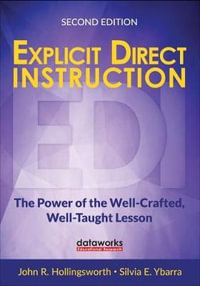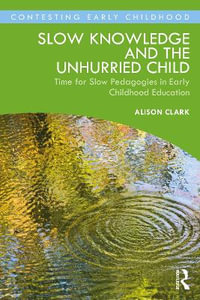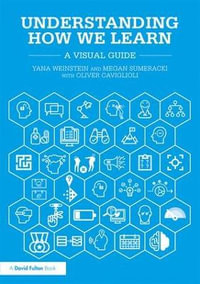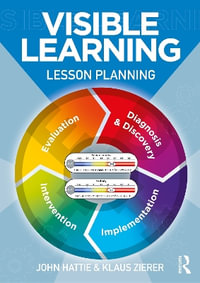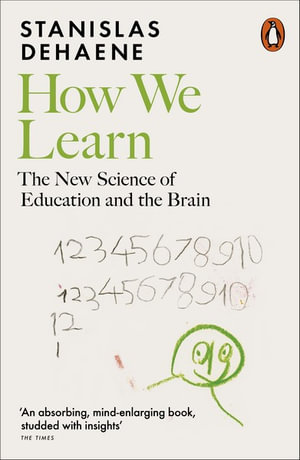
How We Learn
The New Science of Education and the Brain
Paperback | 4 May 2021 | Edition Number 1
At a Glance
Paperback
RRP $26.99
$22.99
15%OFF
Ships in 5 to 7 business days
ISBN: 9780141989303
ISBN-10: 0141989300
Published: 4th May 2021
Format: Paperback
Language: English
Number of Pages: 352
Audience: General Adult
Publisher: Penguin UK
Country of Publication: GB
Edition Number: 1
Dimensions (cm): 28.1 x 17.1 x 5.9
Weight (kg): 0.28
Shipping
| Standard Shipping | Express Shipping | |
|---|---|---|
| Metro postcodes: | $9.99 | $14.95 |
| Regional postcodes: | $9.99 | $14.95 |
| Rural postcodes: | $9.99 | $14.95 |
Orders over $79.00 qualify for free shipping.
How to return your order
At Booktopia, we offer hassle-free returns in accordance with our returns policy. If you wish to return an item, please get in touch with Booktopia Customer Care.
Additional postage charges may be applicable.
Defective items
If there is a problem with any of the items received for your order then the Booktopia Customer Care team is ready to assist you.
For more info please visit our Help Centre.
You Can Find This Book In
This product is categorised by
- Non-FictionScienceScience in GeneralPopular Science
- Non-FictionComputing & I.T.Computer ScienceArtificial IntelligenceMachine Learning
- Non-FictionEducationPhilosophy & Theory of Education
- Non-FictionPsychologyCognition & Cognitive PsychologyLearning
- Non-FictionPsychologyPhysiological & Neuro-Psychology, Biopsychology

